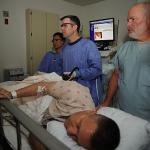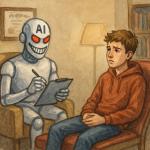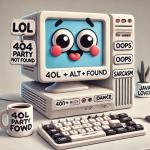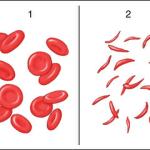Artificial intelligence (AI) is all the rage in many aspects of our lives, from composing students' essays and manufacturing cars to designing new fashions, and the number of its applications is growing by the day.
AI
AI is getting smarter.
Psychiatry was one of my early rotations as a third-year medical student just beginning clinical training. After years of exposure to science in the classroom and laboratories, its imprecision was unsettling.
Join Cameron English and Dr. Barbara Billauer on Episode 70 of the Science Dispatch podcast as they discuss AI in medicine with Stanford Law professor Michelle Mello:
This one is for Thom, our President and a very avid coffee drinker. The dirty dozen fruits and vegetables were not enough; now, the Environmental Work Group is coming after decaffeinated coffee.
During my lifetime, there have been several seminal breakthroughs in medicine that greatly changed our ability to prevent or treat disease. Part 1, below, describes several of them. I have a good idea of what some of the next ones will be.
The social determinants of health (SDOH) include your economic, family, and community stability, the neighborhood and built environment, your educational attainment, your access to healthcare, and its quality.
“What do government cheese, a war on emus, and chicken cannibalism have in common?
Hardly a day passes without a report of some new, startling application of Artificial Intelligence (AI), the quest to build machines that can reason, learn, and act intelligently.












